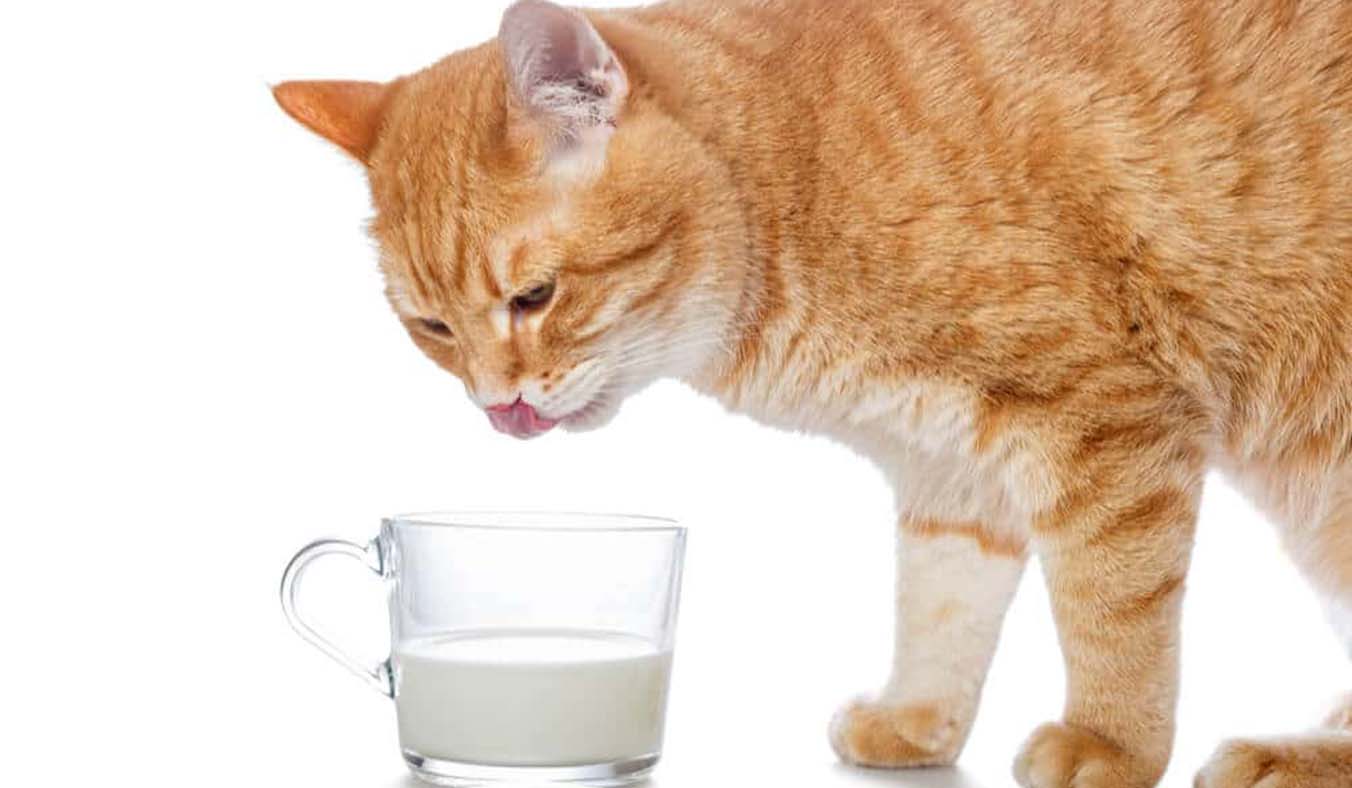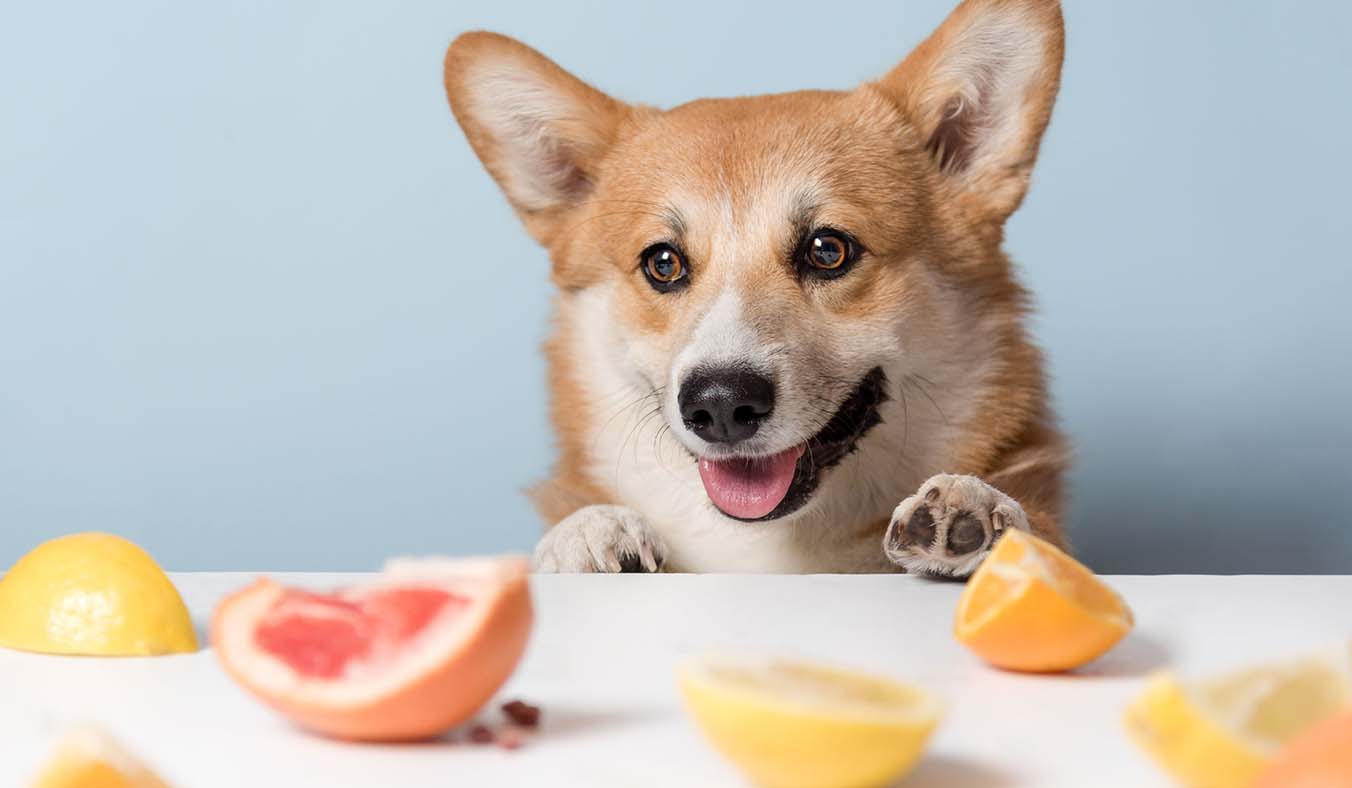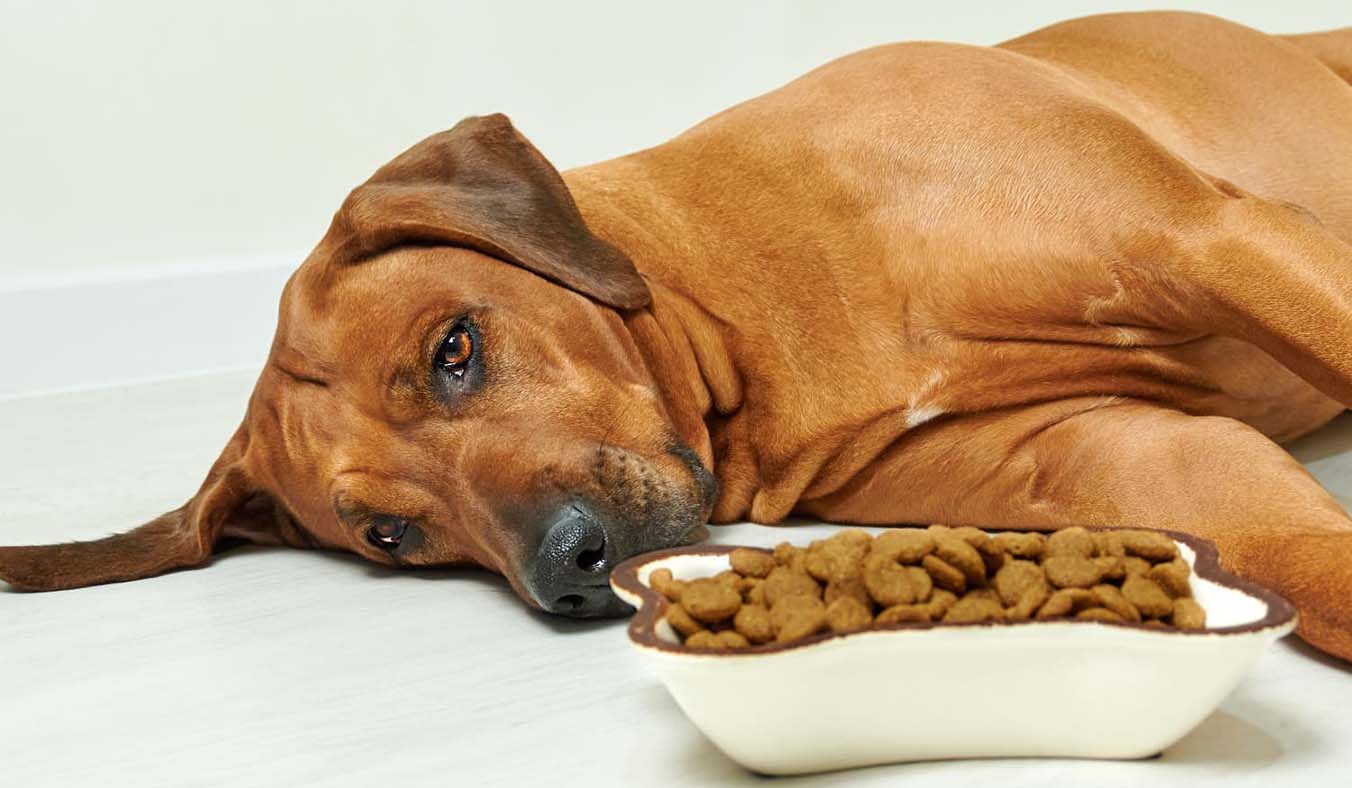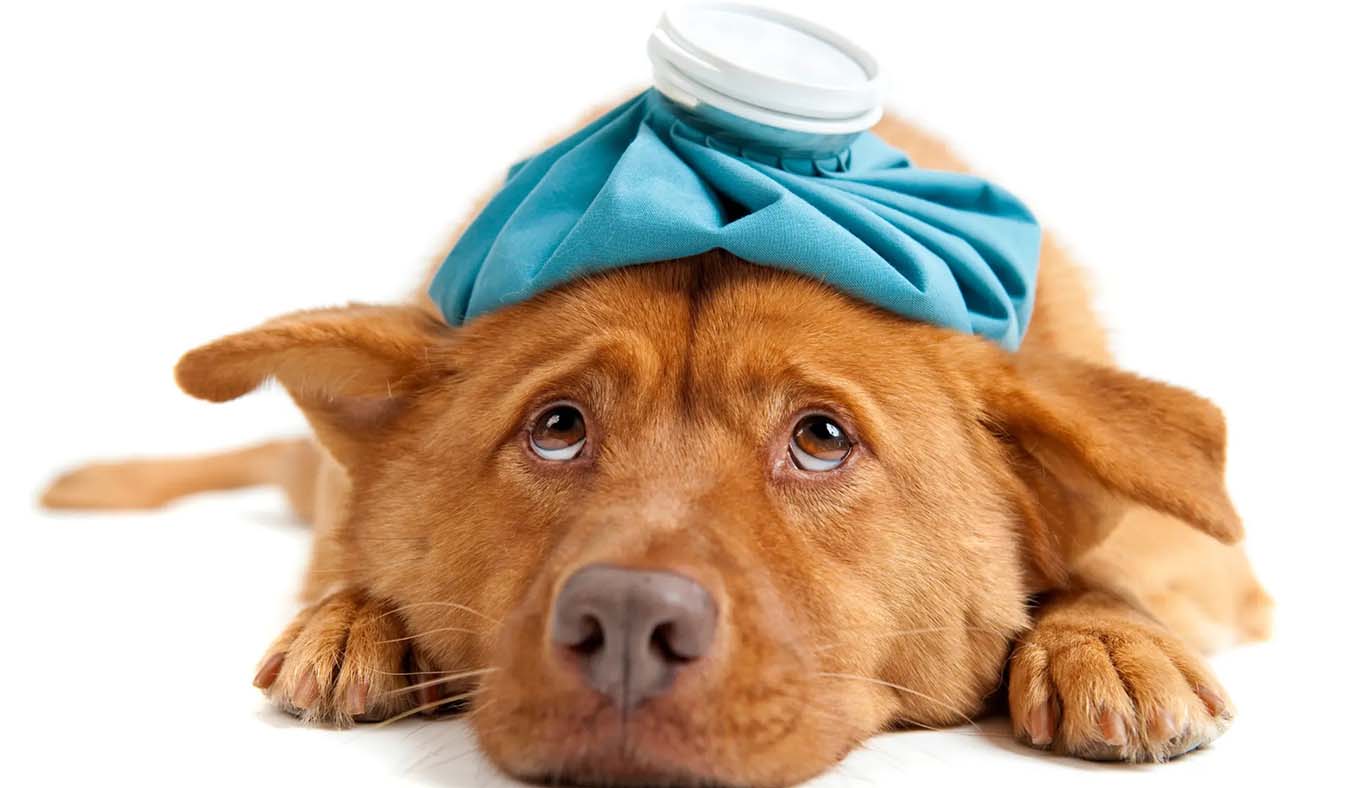For years, the image of a contented cat lapping up a saucer of milk has been a common sight in popular culture. But is milk truly a safe and healthy treat for our feline friends? We’ll delve into the topic of cats and milk, covering everything you need to know to make informed decisions about your cat’s diet.
Is Milk Beneficial for Cats?
Despite the common perception, milk isn’t a must-have for cats. While nursing from their mother’s milk in their early stages is natural for kittens, adult cats often develop lactose intolerance, making milk consumption problematic. Here’s a closer look at why milk isn’t the healthiest choice for most cats:
- Lactose Intolerance: Many adult cats lack the enzyme lactase, which is needed to break down lactose, the sugar found in milk. Without enough lactase, cats can’t properly digest lactose, leading to digestive issues like diarrhea, gas, and abdominal discomfort. This condition is known as lactose intolerance.
- Digestive Upset: The lactose in cow’s milk can be particularly challenging for cats’ digestive systems to handle. Even small amounts of milk can trigger digestive upset in lactose-intolerant cats, making it an unsuitable choice for regular consumption.
- Nutritional Concerns: While milk contains some nutrients like calcium and protein, adult cats generally don’t need these nutrients in milk form. A well-balanced cat diet should provide all the essential nutrients without the need for supplemental milk.
- Risk of Obesity: Milk is relatively high in calories and fat, which can contribute to weight gain and obesity in cats if consumed excessively. Overfeeding milk as a treat can lead to an unbalanced diet and potential health issues.
- Other Health Risks: In addition to digestive upset, some cats may develop allergic reactions to milk proteins, leading to skin problems or respiratory issues. It’s essential to monitor your cat for any adverse reactions after consuming milk.
While the image of a cat enjoying a saucer of milk is charming, it’s important to recognize that milk is not a necessary or ideal part of a cat’s diet. Offering water and a well-balanced cat food diet is the best way to keep your feline friend happy, healthy, and free from digestive issues associated with milk consumption. If you’re unsure about your cat’s dietary needs or have concerns about their health, consult with your veterinarian for personalized advice and recommendations.
What Kind of Milk Can Cats Drink?
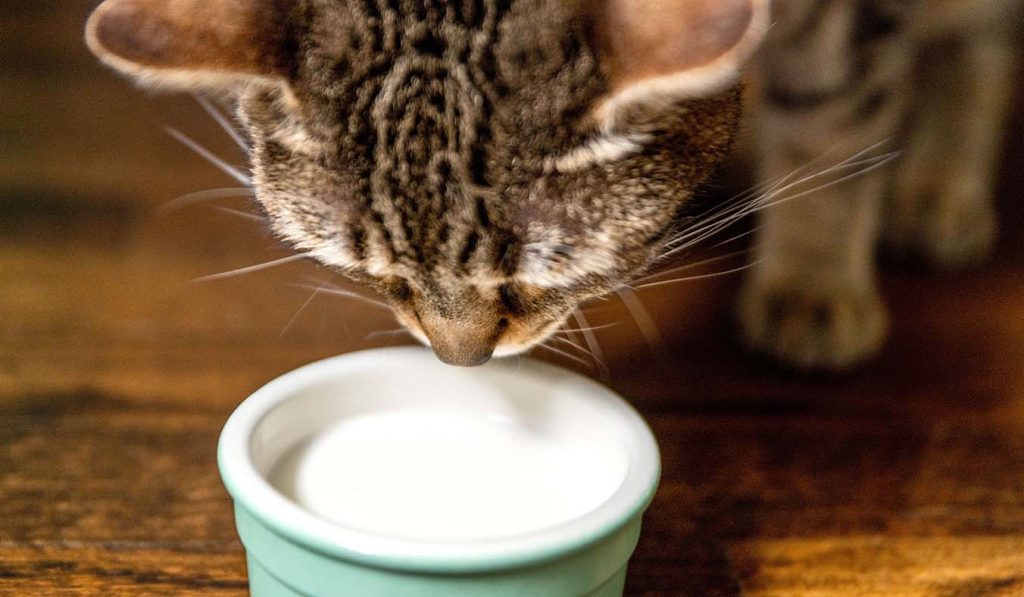
For cat owners looking to indulge their feline friends with a milk-like treat, there are alternatives designed specifically for cats. Here’s a closer look at what options are available and how they can benefit your pet:
- Lactose-Free or Cat Milk:
Lactose-free or cat milk is a specialized product formulated to mimic the composition of a cat’s mother’s milk. These products are lower in lactose compared to cow’s milk, making them easier for cats to digest, especially those with lactose intolerance. They often contain added nutrients to support feline health, such as vitamins and taurine. - Benefits of Cat Milk:
- Digestive Tolerance: Cat milk is specifically tailored to be gentle on a cat’s stomach, reducing the likelihood of digestive upset associated with lactose intolerance.
- Nutritional Support: Some cat milk products are fortified with essential nutrients like calcium and vitamin D, which can contribute to overall feline health and well-being.
- Hydration: Offering cat milk can help encourage cats to drink more fluids, promoting hydration, especially in cats that may be reluctant to drink water alone.
- Moderation is Key:
While cat milk may be a safer option for feline consumption compared to cow’s milk, it’s essential to offer it in moderation. Even lactose-free milk can contribute to weight gain and other health issues if overconsumed. Treat cat milk as an occasional indulgence rather than a staple in your cat’s diet. - Variety of Brands:
There are several brands of cat milk available on the market, so you may need to experiment to find one that your cat enjoys. Look for products that are specifically labeled as lactose-free or formulated for cats to ensure they meet your pet’s dietary needs. - Consult with Your Veterinarian:
If you’re unsure about whether cat milk is suitable for your cat or have concerns about their dietary needs, consult with your veterinarian. They can provide personalized guidance and recommendations based on your cat’s individual health status and nutritional requirements.
Cat milk can be a safer alternative to cow’s milk for cats, particularly those with lactose intolerance. When offered in moderation, cat milk can provide a tasty and hydrating treat for your feline friend, contributing to their overall health and happiness. As always, prioritize your cat’s well-being by monitoring their intake and consulting with your veterinarian as needed.
Alternatives to Milk for Cats
For cat owners seeking alternatives to milk, there are several hydrating and nutritious options to consider. Here’s a detailed exploration of alternatives that can provide your feline companion with hydration and additional nutrients:
- Water:
The simplest and most essential beverage for cats is plain water. Ensure your cat has access to fresh, clean water at all times to support hydration and overall health. Consider placing multiple water bowls throughout your home to encourage regular drinking. - Wet Cat Food:
Wet cat food is an excellent alternative to milk, as it contains a high moisture content that can help keep your cat hydrated. Additionally, wet cat food provides essential nutrients in a palatable form, making it a nutritious choice for feline diets. Look for high-quality wet cat food options that meet your cat’s specific nutritional needs. - Bone Broth:
Homemade or store-bought bone broth can be a flavorful and hydrating option for cats. Bone broth is rich in nutrients like collagen, amino acids, and minerals, making it a beneficial addition to your cat’s diet. However, be cautious to avoid varieties that contain onions, garlic, or other ingredients that may be harmful to cats. Opt for plain bone broth or varieties specifically formulated for feline consumption. - Coconut Water:
Coconut water is a natural source of hydration that can be offered to cats in small amounts. It contains electrolytes like potassium and magnesium, which can help replenish fluids and support hydration. When offering coconut water to your cat, choose unsweetened and unflavored varieties without added sugars or additives. - Diluted Chicken Broth:
Diluted chicken broth can be another option to encourage hydration in cats, particularly for picky drinkers. Mix low-sodium chicken broth with water to dilute its salt content and offer it to your cat as a refreshing beverage. Avoid using chicken broth that contains onions, garlic, or excessive salt, as these ingredients can be harmful to cats.
By incorporating these alternatives into your cat’s diet, you can ensure they stay properly hydrated while enjoying a variety of flavorful options. Remember to monitor your cat’s intake and consult with your veterinarian if you have any concerns about their hydration or dietary needs. With proper care and attention, you can keep your feline friend happy, healthy, and well-hydrated.
Can Cats Consume Other Dairy Products?
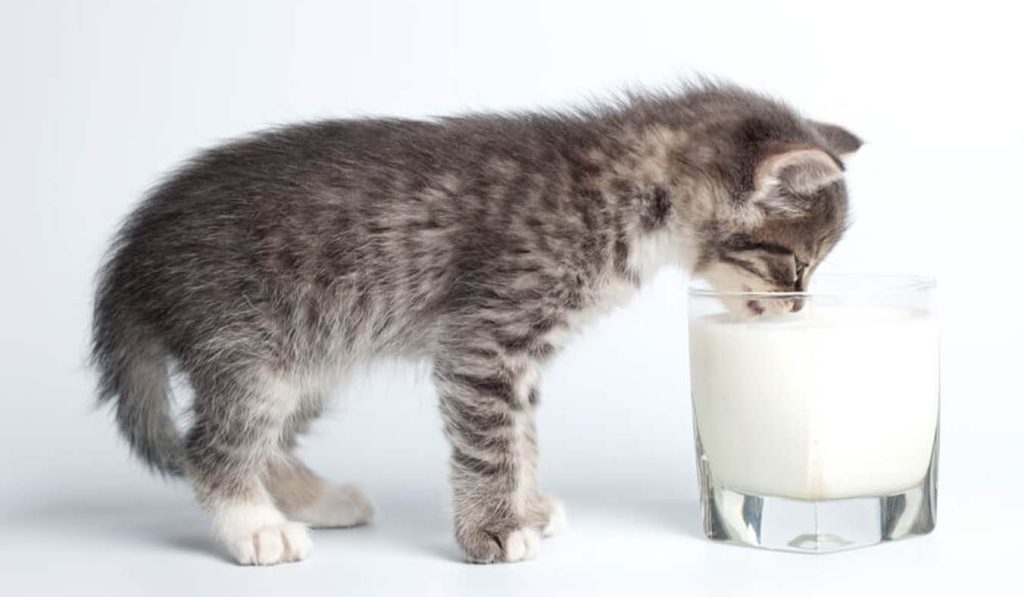
While milk may not be the best choice for most cats due to lactose intolerance, some dairy products can be consumed in moderation. Here’s a closer look at alternatives and considerations for including dairy in your cat’s diet:
- Plain Yogurt:
Plain yogurt contains live bacterial cultures that can aid in digestion and promote gut health in cats. Additionally, yogurt is lower in lactose compared to milk, making it easier for some cats to tolerate. However, it’s essential to offer plain yogurt without any added sugars, flavors, or artificial sweeteners, as these additives can be harmful to cats. Introduce yogurt gradually and monitor your cat for any signs of digestive upset. - Cheese:
Cheese is another dairy product that may be tolerated by some cats in small amounts. Cheese contains less lactose than milk and can be a good source of protein and calcium for cats. However, like yogurt, cheese should be offered sparingly and in moderation. Avoid cheese varieties that are high in fat or sodium, as these can contribute to weight gain and other health issues in cats. Opt for small, bite-sized pieces of plain cheese as an occasional treat. - Lactose-Free Dairy Products:
If you’re unsure about how your cat will react to dairy, consider offering lactose-free dairy products. These products are specifically formulated to be easier on a cat’s digestive system and may be better tolerated by cats with lactose intolerance. Look for lactose-free yogurt or cheese options at your local pet store or specialty pet food retailer. - Monitor for Adverse Reactions:
Regardless of the dairy product offered, it’s crucial to monitor your cat for any adverse reactions after consumption. Signs of lactose intolerance may include diarrhea, gas, bloating, or abdominal discomfort. If you notice any of these symptoms, discontinue the dairy product and consult with your veterinarian for further guidance. - Consider Individual Preferences and Tolerances:
Just like humans, cats have individual preferences and tolerances when it comes to dairy products. Some cats may enjoy yogurt or cheese as an occasional treat without experiencing any adverse effects, while others may have difficulty digesting even small amounts of dairy. Pay attention to your cat’s reactions and adjust their diet accordingly to ensure their health and well-being.
While milk may not be suitable for most cats due to lactose intolerance, some dairy products like plain yogurt or cheese can be offered in moderation as occasional treats. Monitor your cat’s reactions closely and consult with your veterinarian if you have any concerns about their dietary needs or digestive health. With proper care and attention, you can provide your feline friend with safe and enjoyable dairy options as part of a balanced diet.
While the image of a cat enjoying a saucer of milk may be charming, it’s essential to recognize that milk is not a necessary or ideal part of a cat’s diet. Opting for lactose-free alternatives or other hydrating options is a safer choice for your feline friend’s health and well-being. As always, if you have any concerns about your cat’s diet or health, consult with your veterinarian for personalized advice and recommendations.
